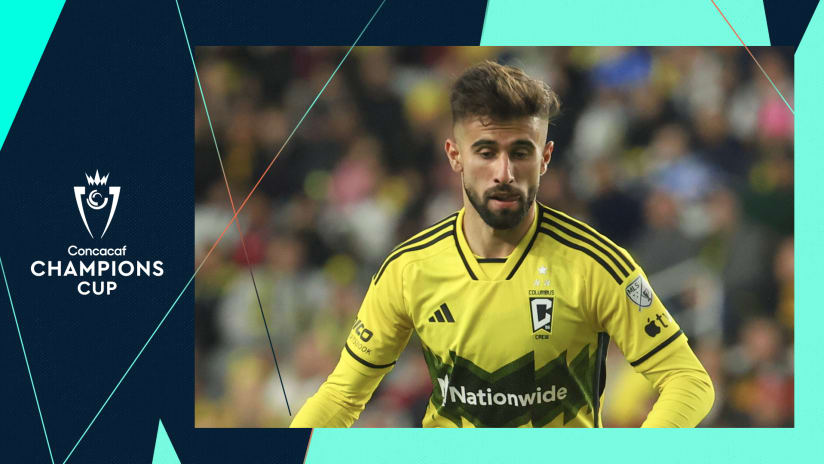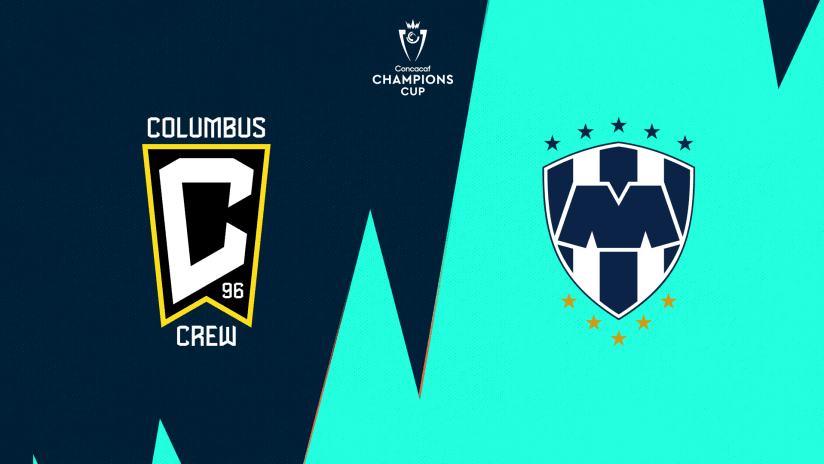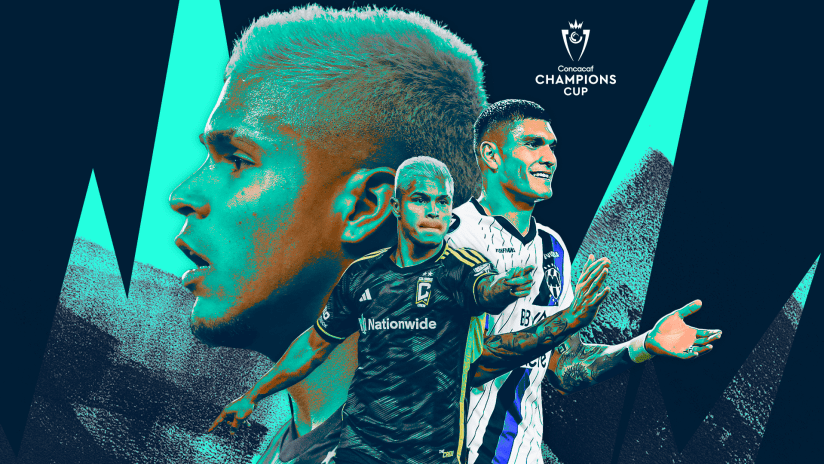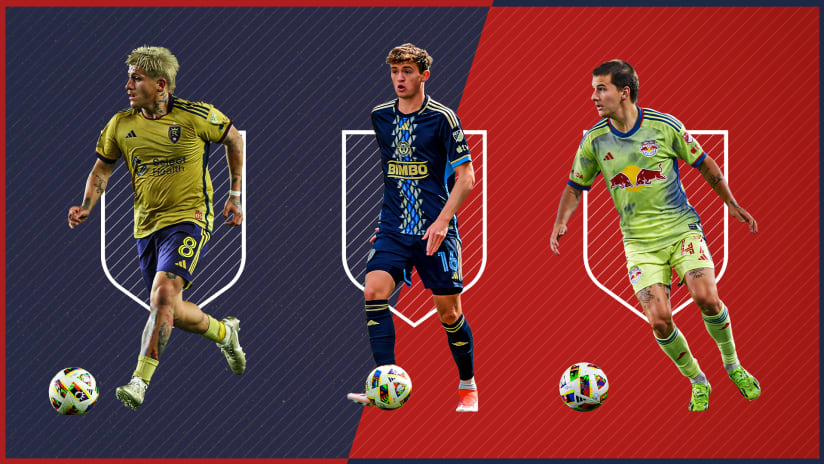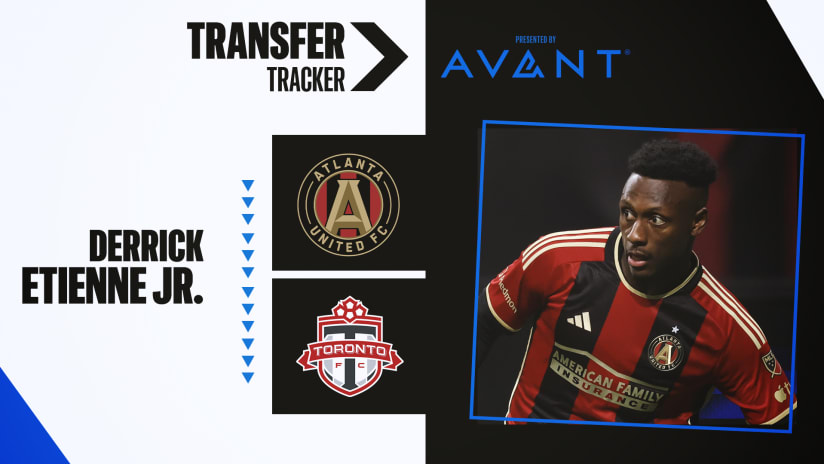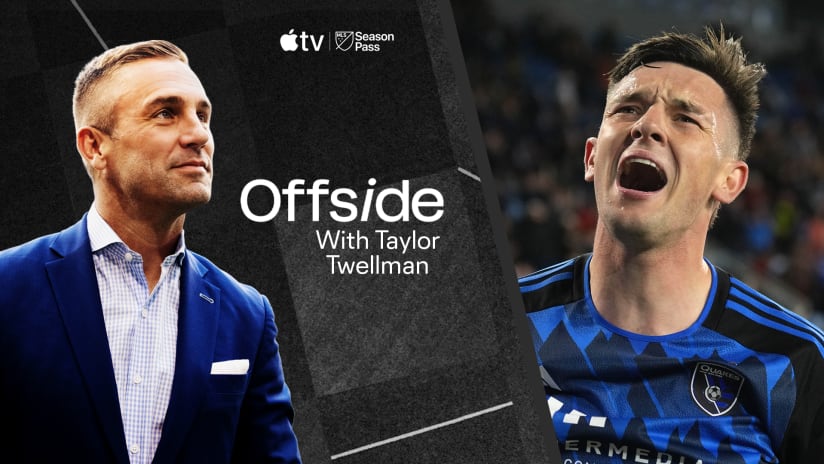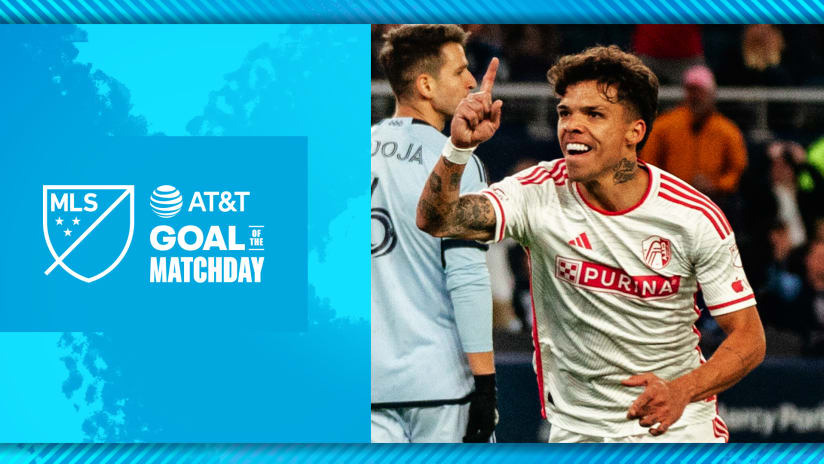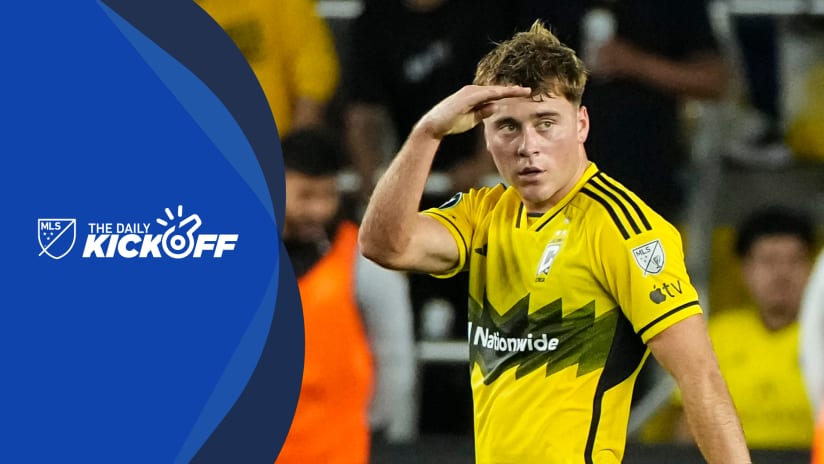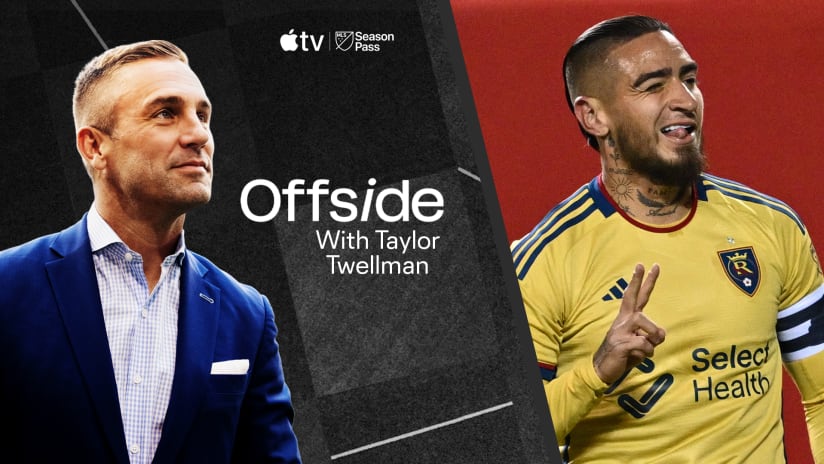COLUMBUS – Wil Trapp’s stock had never been higher.
After a breakout 2014 season that saw him play 28 matches and score his first MLS goal (WATCH it here), the Columbus Crew SC midfielder spent a month of his offseason training with the US national team in California before making his international debut on Jan. 28.
To begin his second full season in MLS in 2015, the 22-year-old was named the club’s vice-captain, a sign that Trapp was becoming a leader on the field to accompany his growing recognition off of it.
But when Trapp was substituted at halftime of a game in Vancouver on April 8, that upward trajectory was suddenly put on hold.
He was listed as questionable before the game with a right calf strain that had prevented him from playing the week before, but head coach and sporting director Gregg Berhalter revealed after the match that something else was wrong. On the same play he strained his calf in training, Trapp was kneed in the head and concussed.
Despite following concussion protocol and being cleared by two doctors, he couldn't make it through his first game back.
“That was the lowest point,” he told MLSsoccer.com. “I’m sitting there and I just did the two weeks of protocol and I was cleared, so I should be fine. And to not have it out there or physically be right, you just don’t know what to do. You don’t know where to turn.”
---
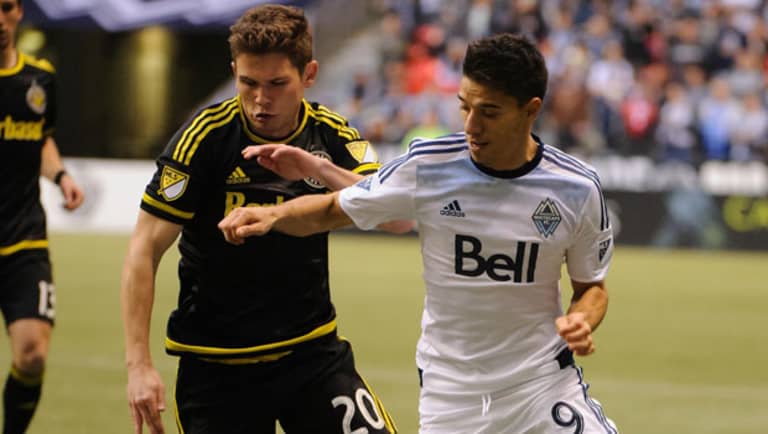
Trapp wasn’t the first or last athlete to navigate the fallout from a concussion.
USMNT and MLS veteran Taylor Twellman had his career cut short due to the effects of a concussion. Since his retirement in 2010, Twellman has dedicated his efforts to raising awareness and knowledge of concussions among athletes.
After “thousands” of conversations with athletes – from ages 10 through 55 – Twellman says many still don’t have easy access to the first-person insight they need.
“The conversations I’m having with MLS, NHL, NFL players is one where there’s a comfort level when you’re going through what they’re going through and talking to someone who’s been there,” Twellman told MLSsoccer.com. “I still remember very clearly going through what they’re going through. It’s not as if it was 40 years ago. So I have a good understanding of the anxiety they have of trying to make their teammates feel better, especially guys who are important to the club.”
Trapp sought advice from Twellman, among others such as former teammate and Seattle Sounders defender Chad Marshall and Maryland defender Alex Crognale, a classmate at Gahanna Lincoln High School.
Twellman told Trapp that he couldn’t rush his recovery, to listen to his body and his brain. It was welcome advice in an uncertain time.
“It’s comforting in an uncomfortable situation,” Trapp said. “There are a lot of thoughts going through your head. And to have someone who’s been through it and unfortunately had to retire because of it, you tend to listen to his words a little more. They carry a little more weight.”
Perhaps the most important information Twellman passed on was a name. He pointed Trapp in the direction of Dr. Victor Pedro, a brain rehabilitation specialist in Providence, Rhode Island.
Crew SC were already slated for a New England trip when they traveled to play the Revolution just days after the Vancouver match. Trapp joined the travel party and drove south to Providence for a doctor’s visit.
Rather than standard treatment, Trapp learned the ins and outs of what he was experiencing. His concussion wasn’t like a muscle injury – it didn’t follow a specified path. Instead, he would need to be able to assess what his brain was telling him.
“It’s all pretty amazing stuff, how the brain works and connects every system in your body,” Trapp said. “I was just kind of fascinated by it. I was always interested in studying medicine. So to learn about all the systems of the brain…it’s fascinating to see, ‘OK, I’m feeling this symptom right now. What’s causing that?’”
At times he suffered blurred vision, sensitivity to light and headaches. But the most difficult symptom to manage was a “lack of mental clarity,” a haziness that Trapp found difficult to describe.
“It’s the hardest one,” he said. “You can’t really put your finger on it, you just know you don’t feel right. It’s hard to explain to people. You have a conversation like we’re having now and you’d think I was perfectly fine. But as soon as I’d start running around or whatever it was, it just wasn’t right.”
So he went to work.
---
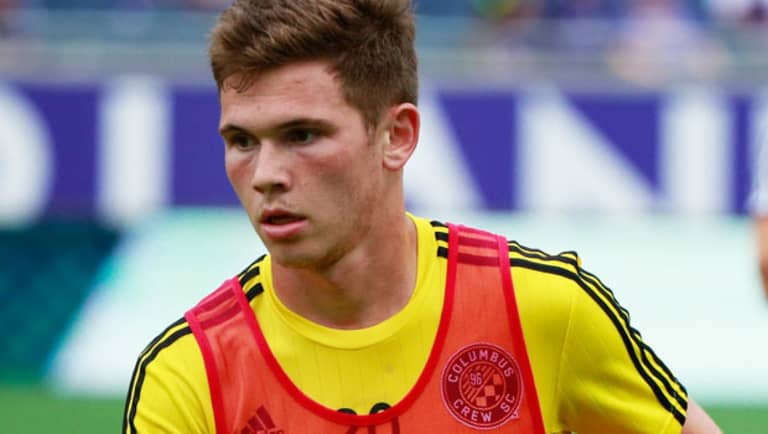
As recently as 2008, when Twellman suffered one of his final concussions, doctors were generally still in the dark themselves when it came to treating concussions.
“Every top neurologist in the world was like, ‘Sit in a dark room,’” Twellman said. “That’s not how it works.”
Under the instruction of Dr. Pedro, Trapp found a way to gauge his progress. Pedro’s exercises helped Trapp learn what was wrong and work on it at the same time.
One test tracked his pulse as he followed a red dot along a screen. At one point, he was supposed to clap along with a metronome. Trapp, who says he had a good sense of rhythm before, couldn’t stay in tune with a simple beat. His brain couldn’t keep up with his body.
“That one was really eye-opening,” he said.
But the tests recommended by Dr. Pedro gave Trapp a metric. Rather than a “How do you feel?” approach, they allowed him to see improvement, a crucial difference for an athlete accustomed to measuring and evaluating performance.
“That’s the hardest thing with concussions – they’re so subjective,” Trapp said. “It’s all, ‘How are you feeling?’ How do I know what a six out of six is on the little survey thing for a headache? I don’t know what a six out of six is.
“So to have concrete numbers and data showing improvement made a world of difference. It keeps an athlete a little more confident and in higher spirits.”
Between March and July, Trapp worked on both his brain and body, improving his fitness while his concussion symptoms diminished.
And after nearly three months of work, he made his return – all two minutes of it – on July 4 in a 2-1 win over the New York Red Bulls.
“It’s a long road; it’s eye-opening,” he said. “It can be difficult and dark at times, but having those great resources – guys like Taylor and Chad – they kind of let you know that it’s not the end of the world. You’re going to get back from this; you just have to be diligent in your rehab.”
Healthy once again, Trapp has picked up where he left off. Columbus has gone 3-1-1 in Trapp’s five starts since his return, and he’s happy to be back.
“Feeling like you’re in control of your career and of yourself is always a good thing,” he said. “I feel great. It’s like I was a mid-year transfer. So I feel good to go.”
---
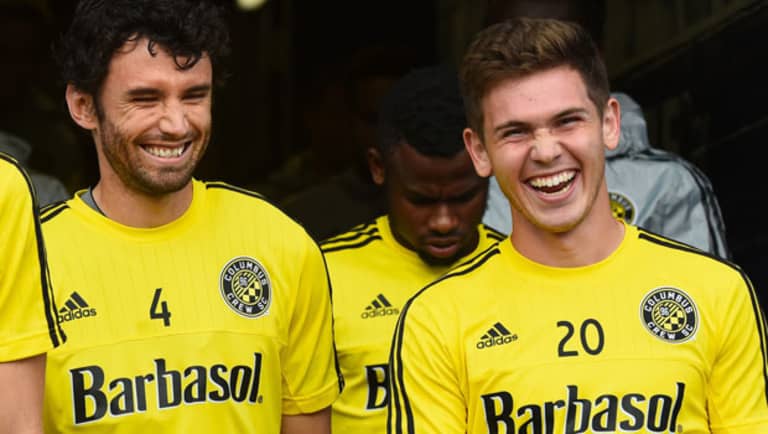
Now that he’s healthy, Trapp isn’t sweeping his concussion under the rug.
He’s done a variety of interviews about his experience, talked to other players and appeared on the Columbus Morning Sports Report in early August, where he spoke about how young athletes should approach concussions.
Back at his job as vice-captain of Crew SC, Trapp isn’t lobbying to be a voice of concussion awareness like Twellman. He simply says he’s trying to help.
“I wouldn’t say I need that role or really desire that role,” he said with a smile. “But there have been several guys who are in the midst of concussion stuff right now that have reached out to me. I’m more than welcome to share my experience and share what I went through because I think it’s beneficial.
“On the flip side, when I was in the thick of it, it was great to have resources and guys who had been through the same thing. So, through that experience, I empathize and sympathize with people going through the concussion battle.”
What does Trapp tell players when they call him like he called Twellman? The message is similar.
“I just kind of tell them that you have to be as smart as you possibly can,” he said. “There are going to be periods where it’s difficult. You don’t know if it’s the concussion speaking or just your lack of fitness – that was a problem I had in coming back. But first and foremost, you want to get that symptom load as low as you possibly can. … If you feel any craziness or any weird feelings, it’s not the right decision to be out there playing.”
Fortunately, Trapp’s career is back on track. He’s made a difference with his club, while making a difference in the recoveries of others. And while Crew SC and USMNT fans are happy to see him back and healthy, they surely share the same sentiment as Twellman.
“I don’t care whether Wil Trapp ever played again,” Twellman said. “The fact that he’s recovered and feels better, that’s a win. That’s first and foremost.”
Andrew King covers Columbus Crew SC for MLSsoccer.com.


